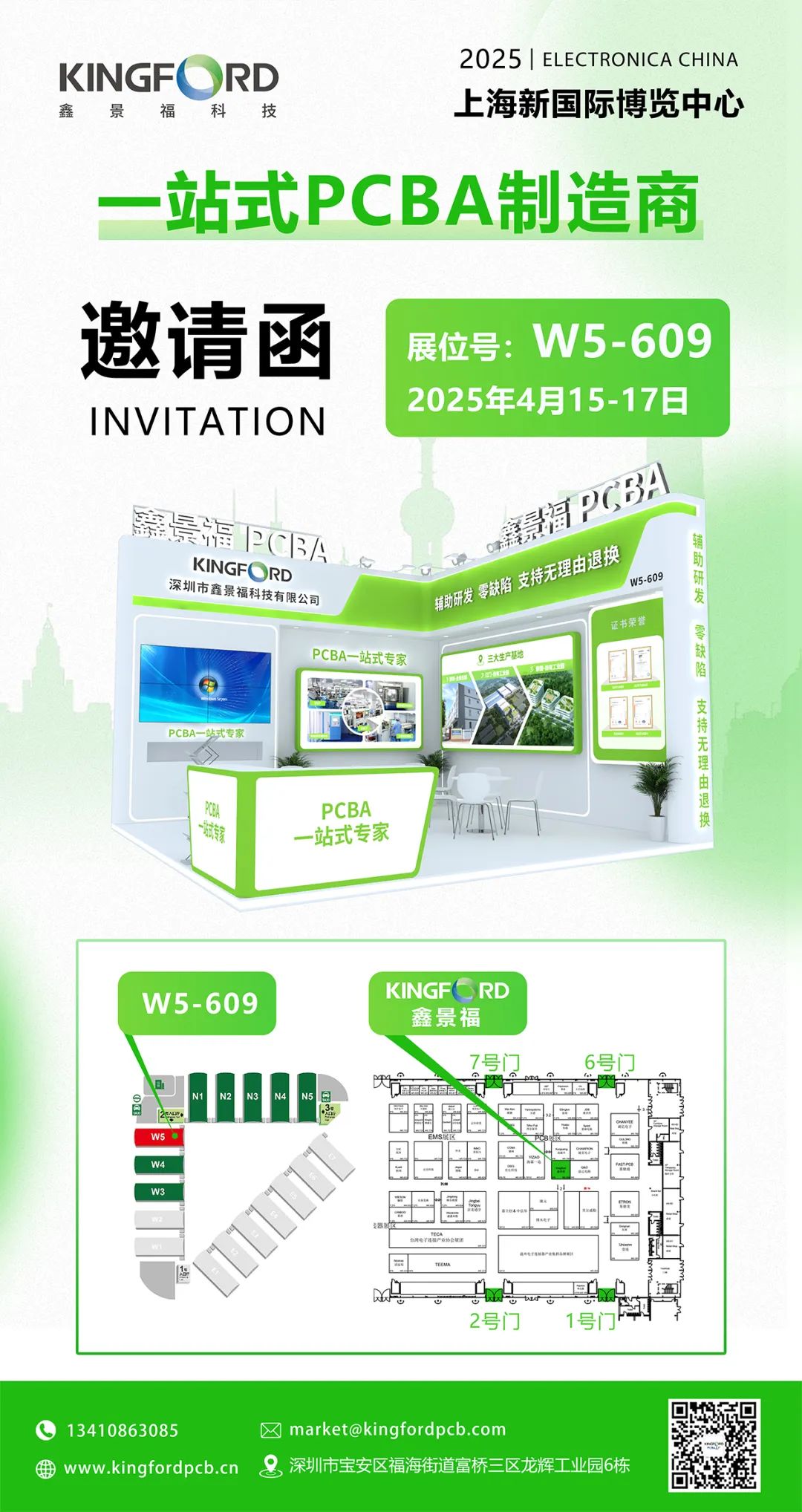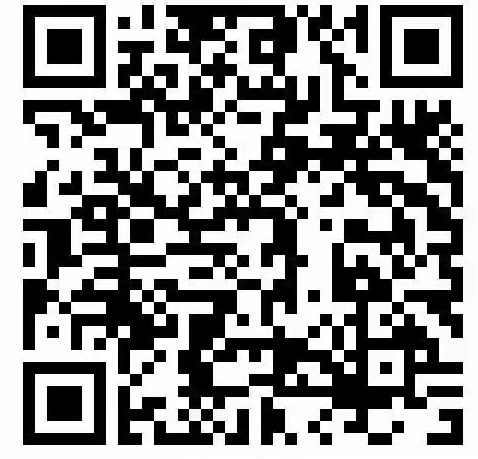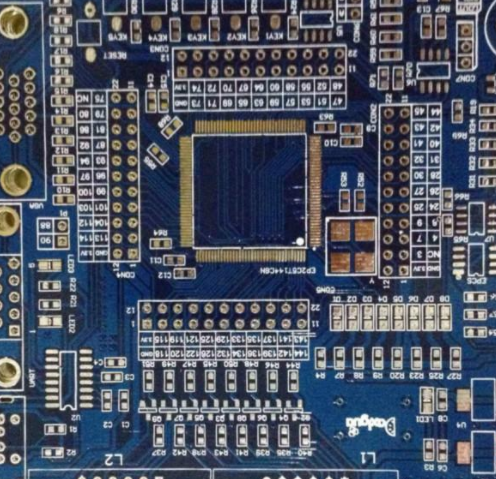
PCB board detection method
p> It is time to pay attention to some details in the inspection of PCB board, so as to make more preparations to ensure product quality When testing PCB boards, we should pay attention to the following 9 common sense
9. Common sense of detection PCB
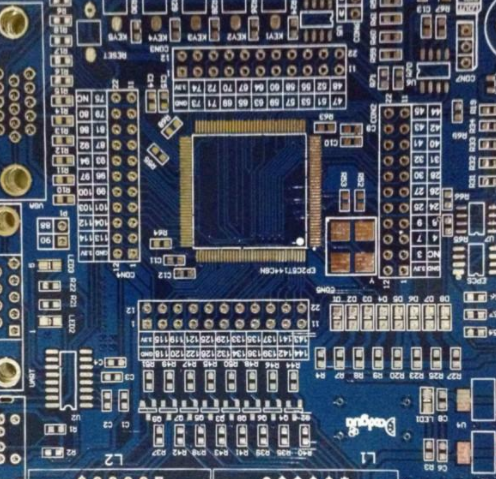
1) It is strICtly forbidden to use grounded test equipment to contact the live TV
It is strictly forbidden to directly test TV, audio, video and other equipment without power isolation transformer, and equipment with grounding shell Although the general tape answering machine has a power transformer, when you come into contact with more special TV or audio equipment with large output power, or lack of understanding of the power used, you must first determine whether the main chassis of the machine has been charged, otherwise, it is easy to watch TV. Audio and other equipment charged by the backplane will lead to short circuit of the power supply, which will affect the integrated circuit and further expand the fault
2.) When testing the PCB, pay attention to the insulation performance of the soldering iron
It is not allowed to use a soldering iron to solder with electricity. Ensure that the soldering iron is not energized and ground the soldering iron housing Be more careful with MOS circuits It is safer to use 6-8V low-voltage electric soldering iron
3.) Before testing the PCB, it is necessary to understand the working principle of the integrated circuit and its related circuits
Before checking and repairing an integrated circuit, you must first be familiar with the functions of the integrated circuit, internal circuits, main power parameters, the functions of each pin, the working principle of the circuit composed of normal voltage, the waveform of the pin and the peripheral components If the above conditions are met:, analysis and inspection will be easier
4) Test PCB not to cause short circuit between pins
When measuring voltage or testing waveforms with an oscilloscope probe, the test lead or probe shall not cause short circuit between integrated circuit pins due to sliding, and the measurement shall be conducted on the peripheral printed circuit directly connected to the pins Any transient short circuit is easy to damage the integrated circuit, so you must be careful when testing flat pack CMOS integrated circuits
5) The internal resistance of the test instrument for testing the PCB should be large
When measuring the DC voltage of integrated circuit pins, the multimeter with internal resistance greater than 20K should use "V", otherwise, the measurement error of some pin voltages is large
6) When testing the PCB, pay attention to the heat dispersion of the power integrated circuit
The power integrated circuit should have good heat dissipation
7) The detection of PCB leads should be reasonable
If it is necessary to add peripheral components to replace the damaged part of the integrated circuit Termination
8) Check the PCB to ensure the welding quality
When welding, it is sure that the welding is firm, and the accumulation of solder and air holes is easy to cause faulty welding The welding time is generally less than 3 seconds, and the power of the internal heating soldering iron is about 25W Carefully check the soldered integrated circuit. Use an ohmmeter to measure whether there is a short circuit between pins. Turn on the power after confirming that there is no solder adhesion
9) Do not easily judge the damage of the integrated circuit when testing the PCB
Do not judge whether the integrated circuit is damaged easily Because most integrated circuits are directly coupLED, once a circuit is abnormal, it may cause multiple voltage changes, and these changes are not necessarily caused by the damage of the integrated circuit When the values are consistent or close, this does not necessarily mean that the integrated circuit is good Because some soft faults will not cause changes in DC voltage
2. PCB board debugging method
For the new PCB, it has been taken back. We must first observe whether there are problems in the board of directors, such as obvious cracks, short circuits, open circuits, etc If necessary, check whether the resistance between the power supply and the ground wire is large enough For newly designed circuit boards, debugging often encounters some difficulties, especially when the circuit board is relatively large and has many components, it is usually impossible to start But if you master a set of reasonable debugging methods, debugging will be more effective
PCB board debugging steps:
1) For the new PCB, it has been taken back. We must first observe whether there are problems in the board of directors, such as obvious cracks, short circuits, open circuits, etc If necessary, check whether the resistance between the power supply and the ground wire is large enough
2) Then it's time to install the components. But install them part by part (for relatively SMAll circuits, you can install them all) When you have problems, there is no way to start Generally speaking, you can install the power supply components first, then power on and check whether the power supply output voltage is normal If you are not too sure about powering up (even if you are sure, it is recommended that you add a fuse, just in case), and consider using an adjustable regulated power supply with current limitation First, preset the overcurrent protection current, then slowly increase the voltage value of the regulated power supply, and monitor the input current, input voltage and output voltage If there is no overcurrent protection problem during upward adjustment and the output voltage also reaches the normal value, the power supply is normal On the contrary, you must disconnect the power supply, find out the fault point, and repeat the above steps until the power supply is normal
3) Next, install other modules step by step After installing each module, turn on the power and test it When powering on, follow the above steps to avoid design errors or/and installation errors
3. How to find PCB failure
1) Measure the voltage method to find the faulty PCB
First, confirm whether the power supply pin voltage of each chip is normal, then check whether the reference voltage is normal, and whether the working voltage at each point is normal, etc For example, when the common silicon triode is turned on, the BE junction voltage is about 0.7V, while the CE junction voltage is about 0.3V or less If the BE junction voltage of the triode is greater than 0.7V (except for special triodes, such as Darlington transistor, etc.), the be connection may be open
2) Signal injection method to find faulty PCB
Add the signal source to the input terminal, and then measure the waveform of each point in turn to see if it is normal, so as to find the fault point SometiMES we also use SIMpler methods. For example, hold the tweezers with your hand, touch the input terminals at each level, and check whether the output terminals respond Circuit or high-voltage circuit, otherwise it may cause electric shock) If there is no response before touching, but there will be response after touching, which means that the problem is ahead and should be checked
3) Other ways to find faulty PCB boards
There are many other ways to find fault points Check whether the components have obvious mechanical damage, such as cracking, burning black, deformation, etc; Listen to whether the working sound is normal, such as some things that should not be loud, places where the sound is silent or abnormal, etc; Check for odor, such as burning odor, capacitor electrolyte odor, etc For experienced electronic maintenance personnel, they are very sensitive to these SMElls; Try to test whether the temperature of the equipment is normal, such as too hot or too cold. Some power supply equipment will generate heat when working If they feel cool, they can basically judge that they don't work But if the place that should not be hot is too hot, or the place that should be hot is too hot, it will not work Universal power transistor, voltage regulator chip, etc, There is no problem with PCB when working below 70 degrees
然后
联系
电话热线
13410863085Q Q

微信

- 邮箱

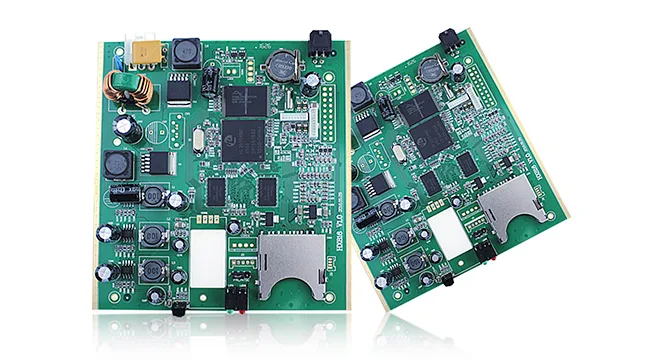


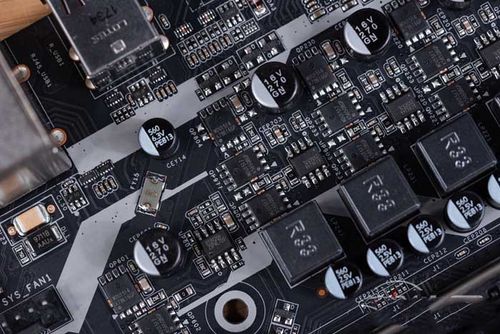
![16 Linux PCB design software [the most complete in history]](https://www.kingfordpcb.cn/uploadfile/ueditor/image/202211/16672898362c9d9a.jpg)


